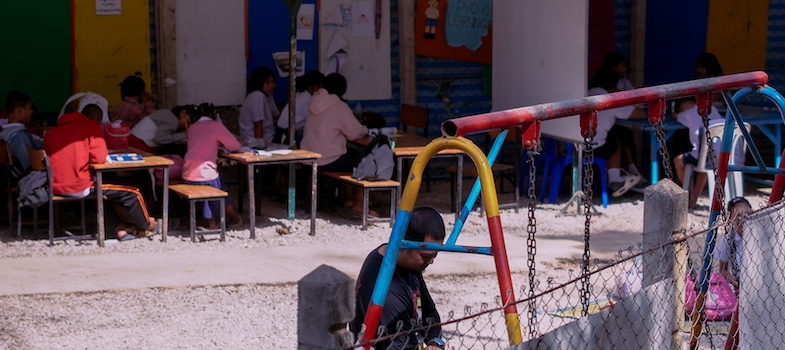Youssef Bilani Post 1
• 14 September 2025, 5:14 PM • Edited by the author on 14 September 2025, 5:25 PMThe Crucible of Culture: Immersive Learning for Global Minds
Here's what makes such an environment particularly effective:
Immersive Cultural Engagement A truly effective learning environment, especially for understanding diverse subjects like history, geography, and social studies, involves direct immersion in the culture being studied. Programs in Morocco, for instance, highlight the value of students flying into Casablanca and immediately being immersed in the complex Moroccan culture, traveling to ancient cities like Marrakech, and settling into family-run riads . This immediate exposure allows learners to experience the nuances of daily life, traditions, and social interactions firsthand. The opportunity to interact with indigenous Amazigh villagers and learn about their culture, cuisine, and religion is frequently cited as having a strong impact on students . Such interactions can challenge preconceived notions and foster empathy, as exemplified by a student who realized the commonality between himself and local boys he was playing soccer with, despite prior stereotypes . This kind of direct engagement moves learning beyond theoretical knowledge to a lived experience, making it more memorable and impactful.
Hands-On and Experiential Learning The most effective learning environments prioritize active participation over passive reception. This includes engaging in local routines, pursuing specific interests like cooking or sports, and participating in community projects . For example, students working on an ongoing project to complete a community center in a village at the foot of the Atlas Mountains found this service portion to be one of the best parts of their journey . This hands-on work provides practical skills, a sense of accomplishment, and a deeper connection to the community. Activities such as camel trekking in the Sahara Desert, visiting fortified villages, and exploring historic sites like the Bahia Palace or Musée Farid Belkahia, offer tangible connections to history and geography . Learning about rug-making cooperatives or artisanal women's associations provides insight into local economies and social structures . These experiences are not just observations but opportunities for active learning and reflection, where students can "unlearn modern assumptions, and rediscover ancient wisdoms" .
Supportive and Adaptable Structure While immersion and hands-on activities are crucial, a well-structured and supportive framework is essential to maximize their educational impact. This includes:
Expert Guidance: Programs often emphasize the role of experienced staff, country coordinators, and instructors who provide logistics, risk management, and ground support . These educators, often with backgrounds in international education and wilderness first responder training, ensure safety and facilitate learning . Curated Itineraries: Thoughtfully designed itineraries minimize travel time and maximize immersion in communities, ensuring a balance between cultural learning and adventure . This allows for exploration of diverse landscapes, from the Mediterranean coast to the Sahara Desert and the Atlas Mountains, while also providing opportunities for reflection and discussion . Focus on Personal Growth: Beyond academic learning, the best environments encourage personal development. Activities designed to foster creativity, problem-solving, emotional intelligence, and adaptation are integrated into the experience . Students are challenged to tackle real-world problems in unfamiliar environments, embrace change, and develop resilience . Opportunities for Reflection: Structured reflection activities, such as journaling, group discussions, or creating zines, help learners process their experiences and connect them to broader concepts . This allows for a deeper understanding of themselves and the world around them, leading to "mind shifts" and lasting impact . In essence, the best teaching and learning environment is one that transforms theoretical knowledge into practical understanding through direct experience, guided by knowledgeable mentors, and supported by a framework that encourages personal and intellectual growth. It's an environment where the journey itself is as educational as the destination, fostering a lifelong love for learning and a broadened perspective on the world.
